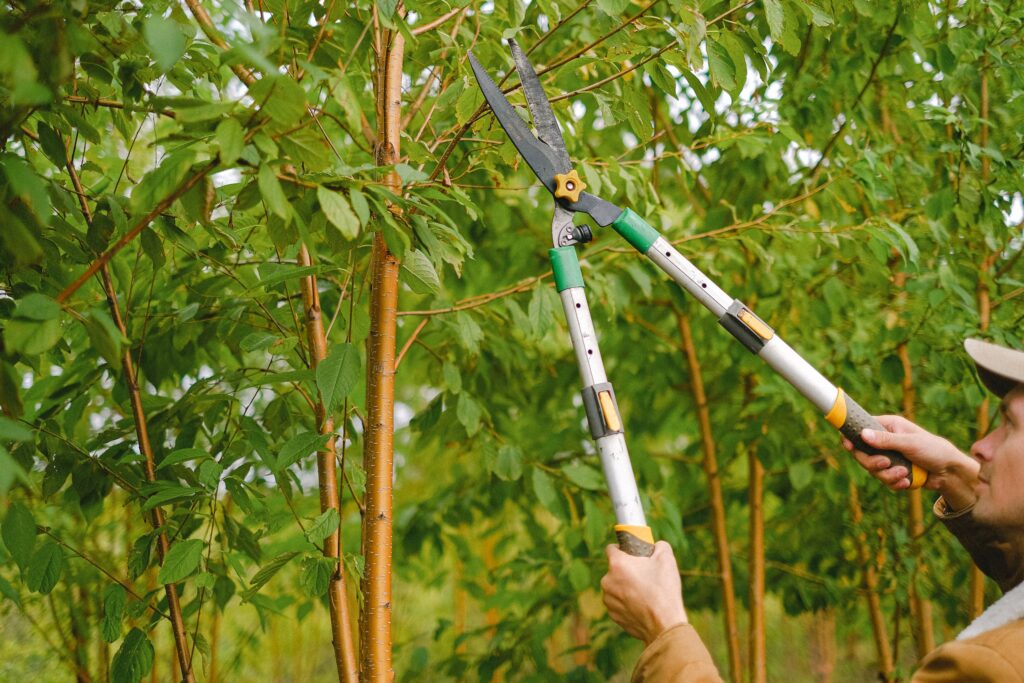It’s tempting to think that keeping a website in good condition is akin to doing likewise with a tree. In what sense? Well, in that pruning it from time to time can help it to flourish.
While you probably shouldn’t turn to us first for arboriculture advice, we advise that any attempts to prune a website are made with caution. That’s because, contrary to what some misinformation may have led you to believe, a website doesn’t always strictly need slimming down.
How a recent controversy about content pruning erupted
Gizmodo recently claimed that CNET — a tech news website with a history dating back to the 1990s — had deleted “thousands” of old webpages earlier in 2023, all apparently in a bid to “game” Google’s search algorithm in CNET’s favour.
A representative for CNET confirmed that the site was indeed axing old web content. Taylor Canada, CNET’s senior director of marketing and communications, implied to Gizmodo that this pruning was ultimately out of the belief that CNET’s SEO profile would otherwise suffer.
Canada explained that, though CNET ideally would keep all of the site’s content intact, “we are penalised by the modern internet for leaving all previously published content live on our site.”
Conversely, after learning about Gizmodo’s investigation, Danny Sullivan — Google’s Public Liaison for Google Search — insisted on the social media site X that older web content can still be of SEO use, and does not necessarily have to be deleted.
The question of old web content’s SEO value is tricky to answer
Other Google executives — including John Mueller and Gary Illyes — have weighed in on the subject of whether Google, from an SEO point of view, looks dimly upon ‘old’ web content.
The collective takeaway from all of these Googlers’ thoughts is that, if particularly longstanding content on your website does drag down its overall SEO performance, the content’s age alone should not be blamed. A more crucial issue is whether that content is still practically useful to web users.
Web content is not automatically rendered irrelevant simply as a result of aging. Many pieces can actually be important for historical record.
In commentary posted to the social network Mastodon, Muller acknowledged that old news articles are unlikely to attract many visitors or generate many conversions. Still, he added that “it’s historical news, & there’s definitely no SEO downside.”
Strive to improve — rather than remove — outdated webpages
Old news articles might not exactly cry out to be modified, much like painting over the Mona Lisa would rather defeat the point of keeping it in the first place.
Now, what if your website also has some written tutorials with titles not closely tied to timely events? These are pieces that might benefit from being edited or revamped.
Someone who reads a guide on ‘How to Decide Which iPhone to Buy’ is unlikely to be impressed if, say, the piece cites the iPhone 11 from 2019 as the ‘latest’ iPhone model available. Fortunately, Webahead copywriters can refresh outdated content that may be lingering on your website.


